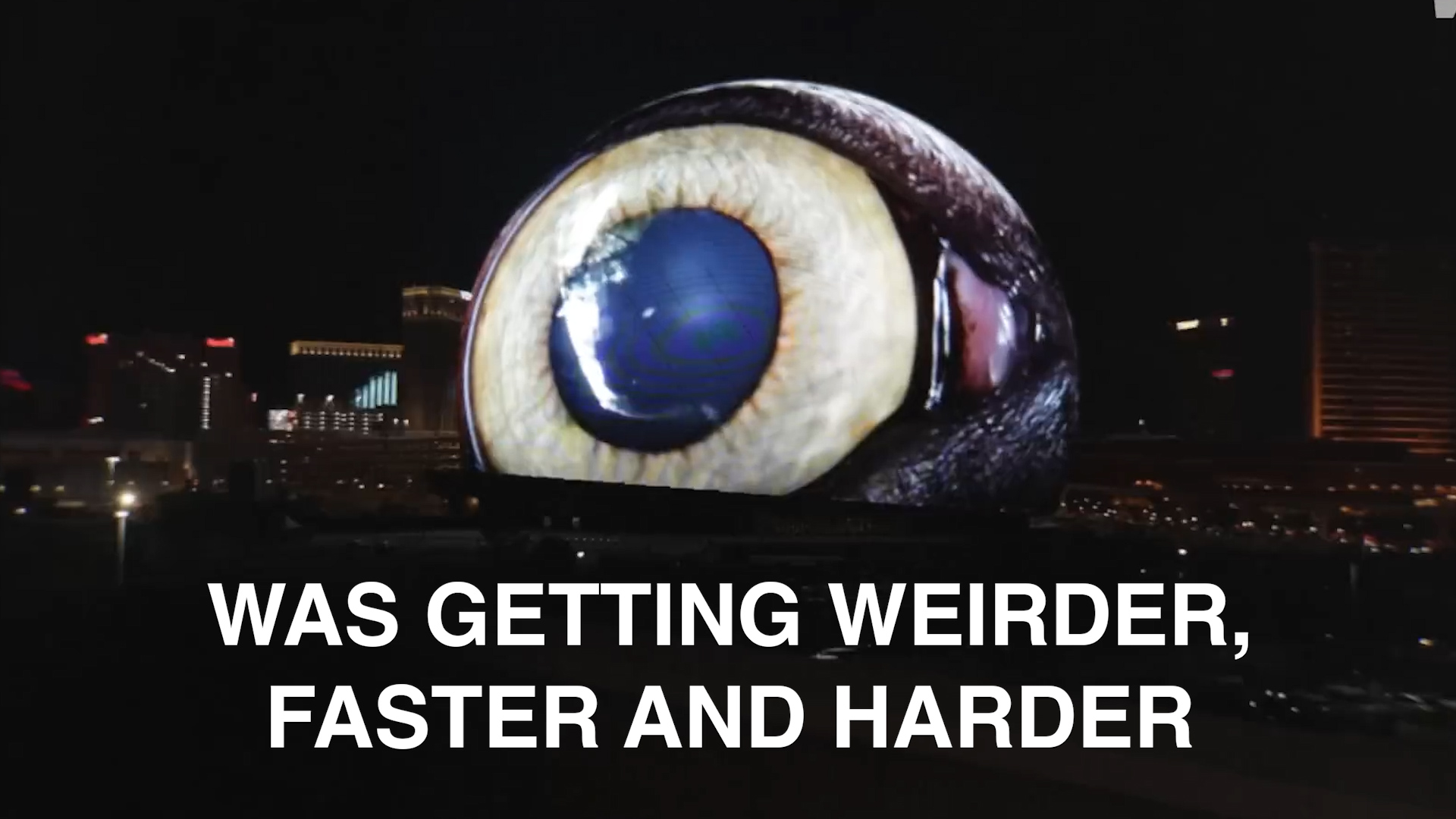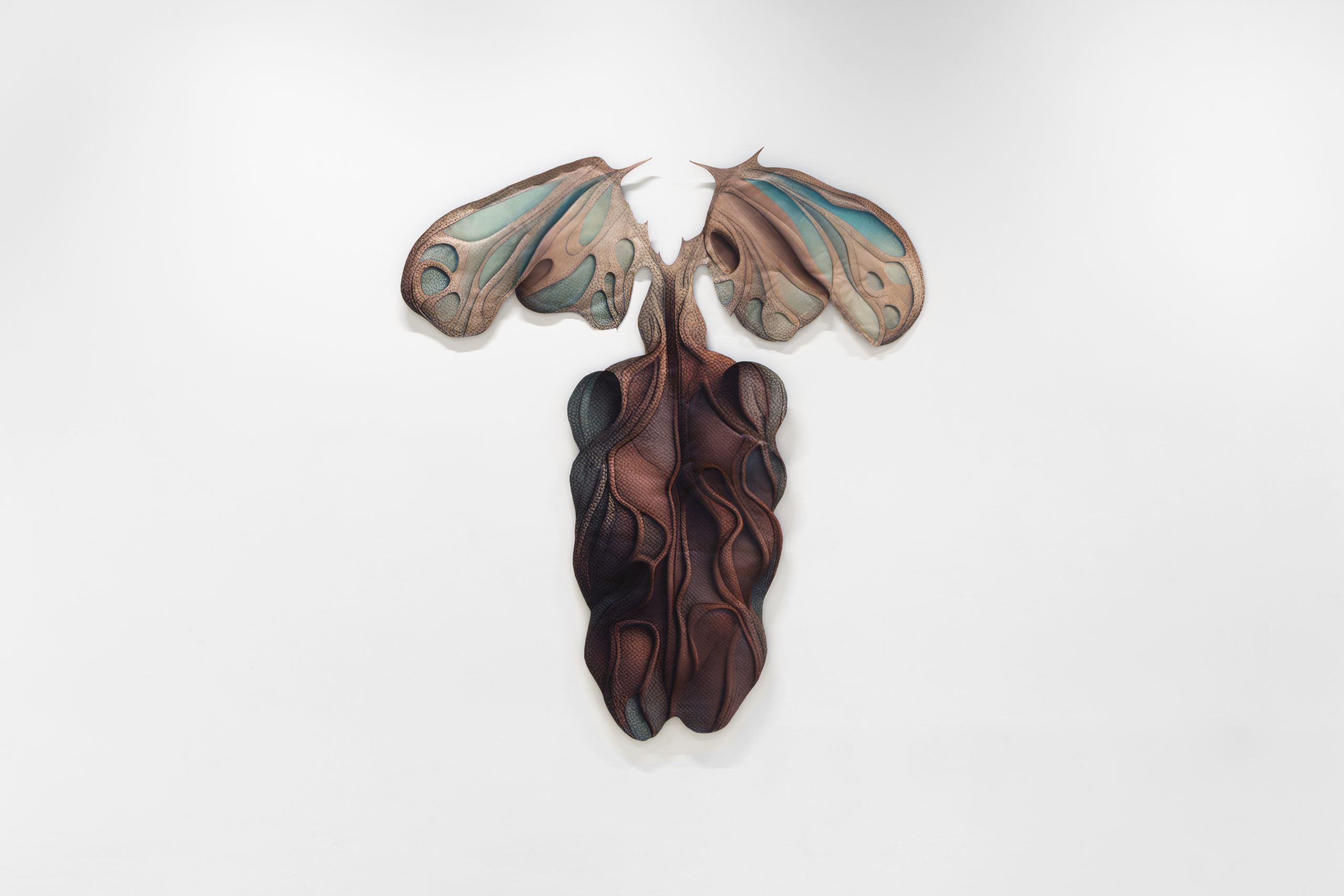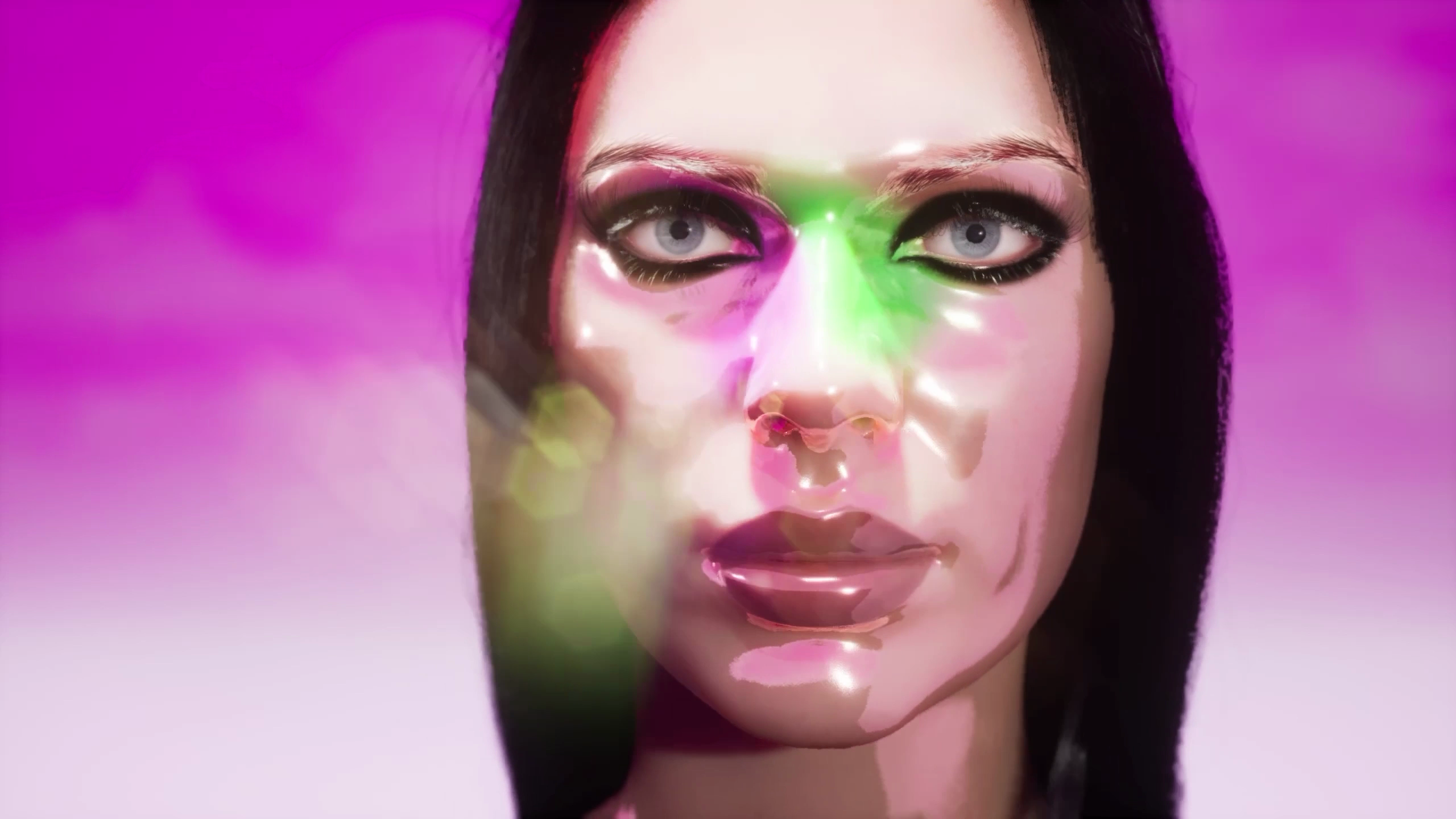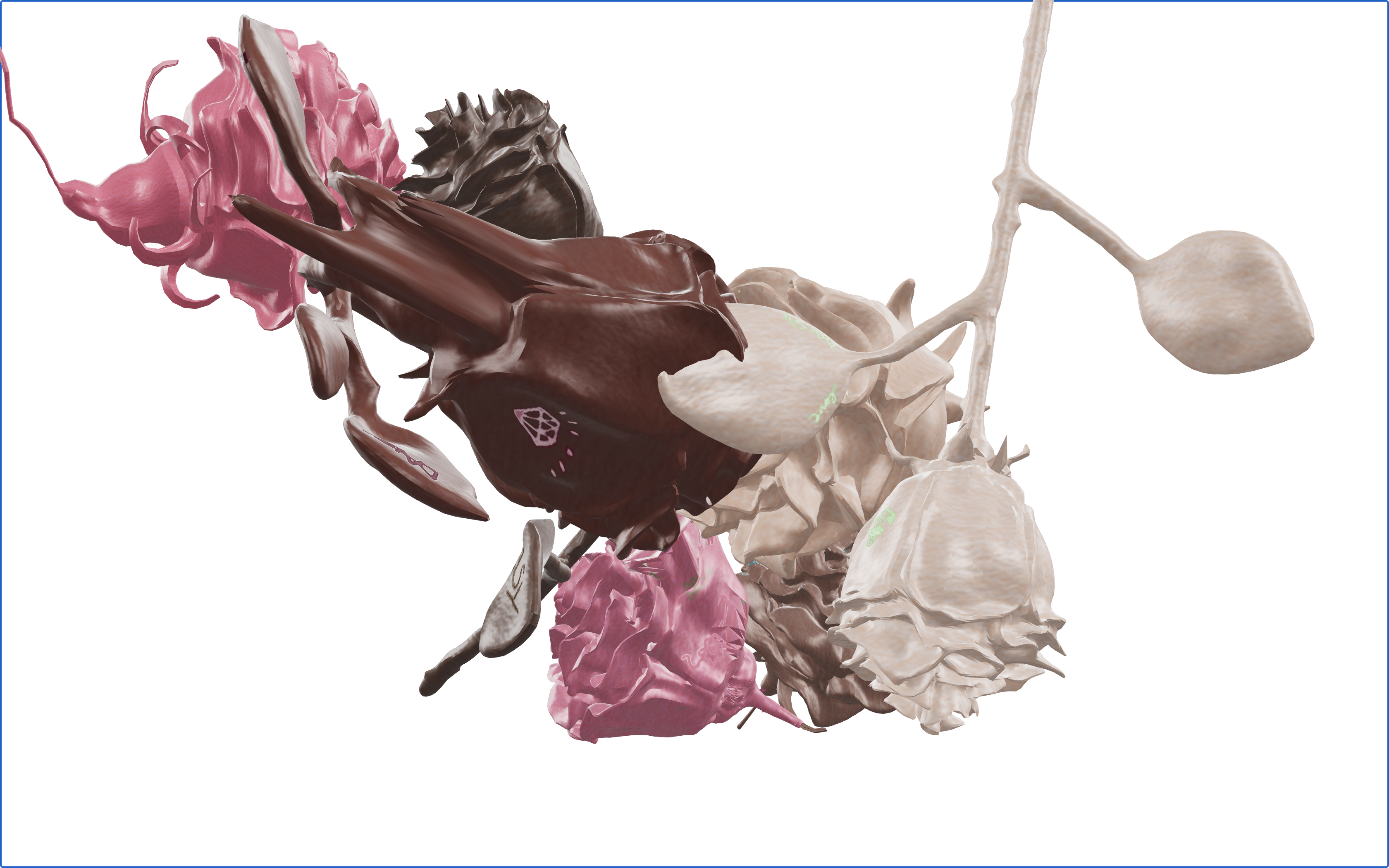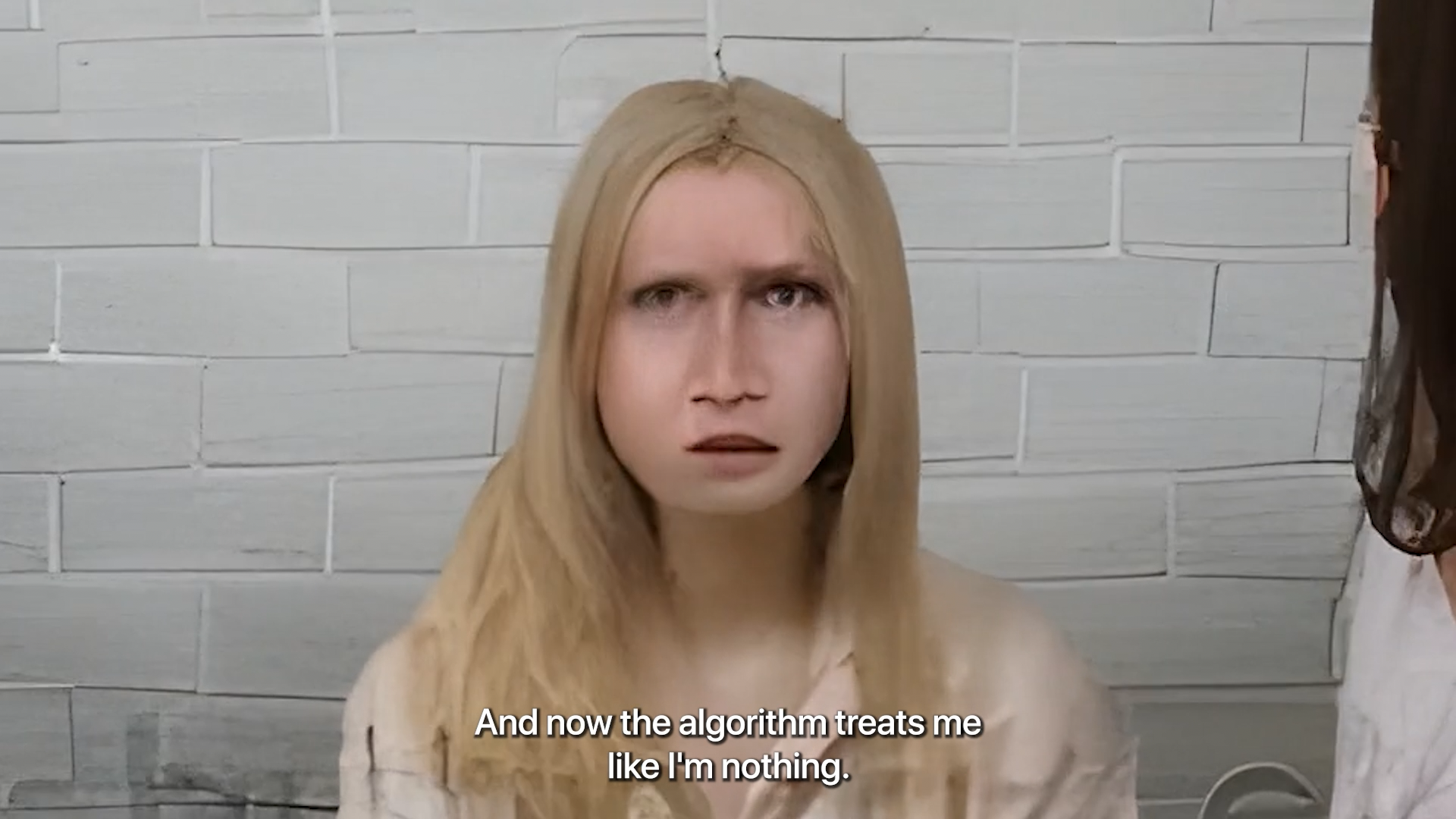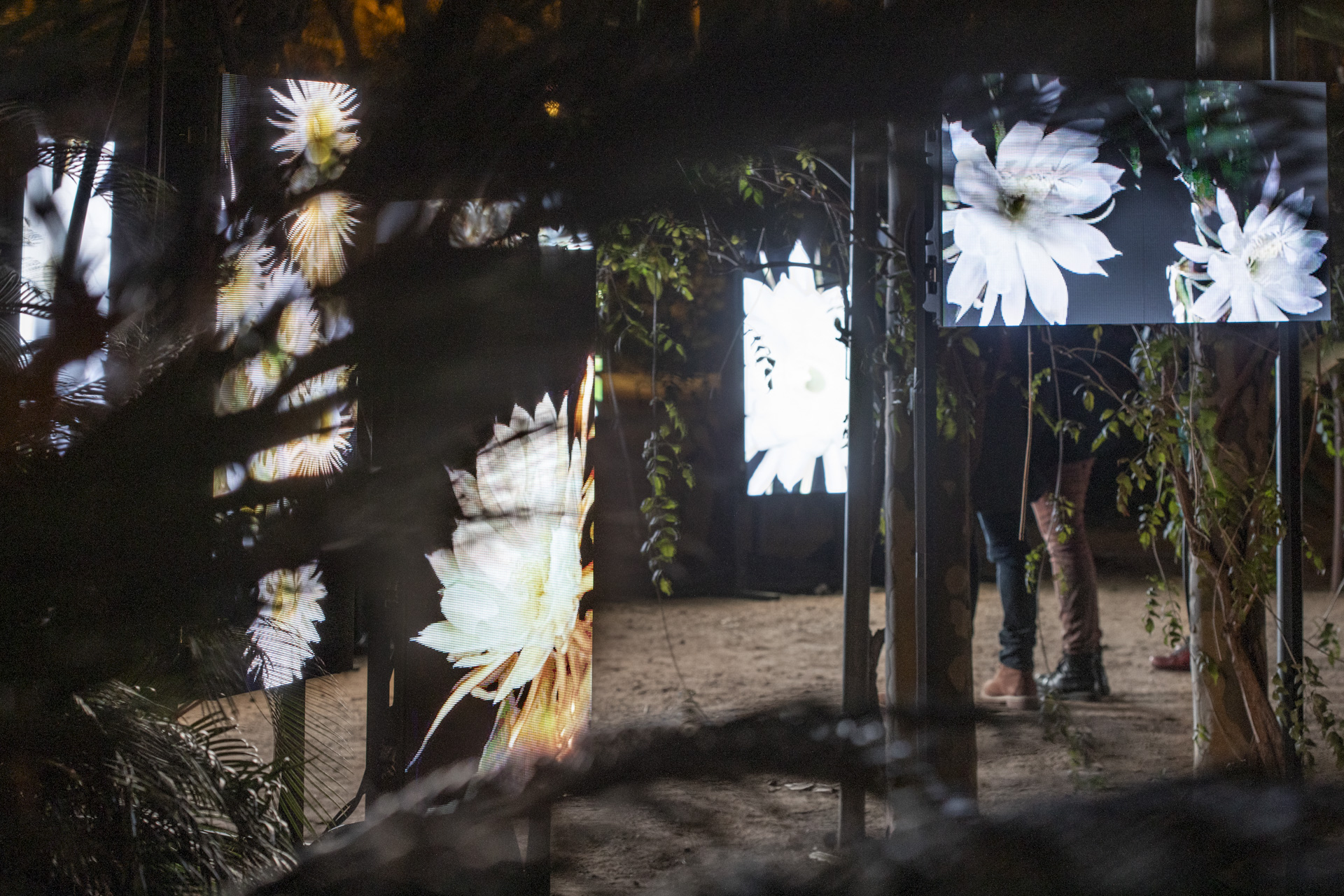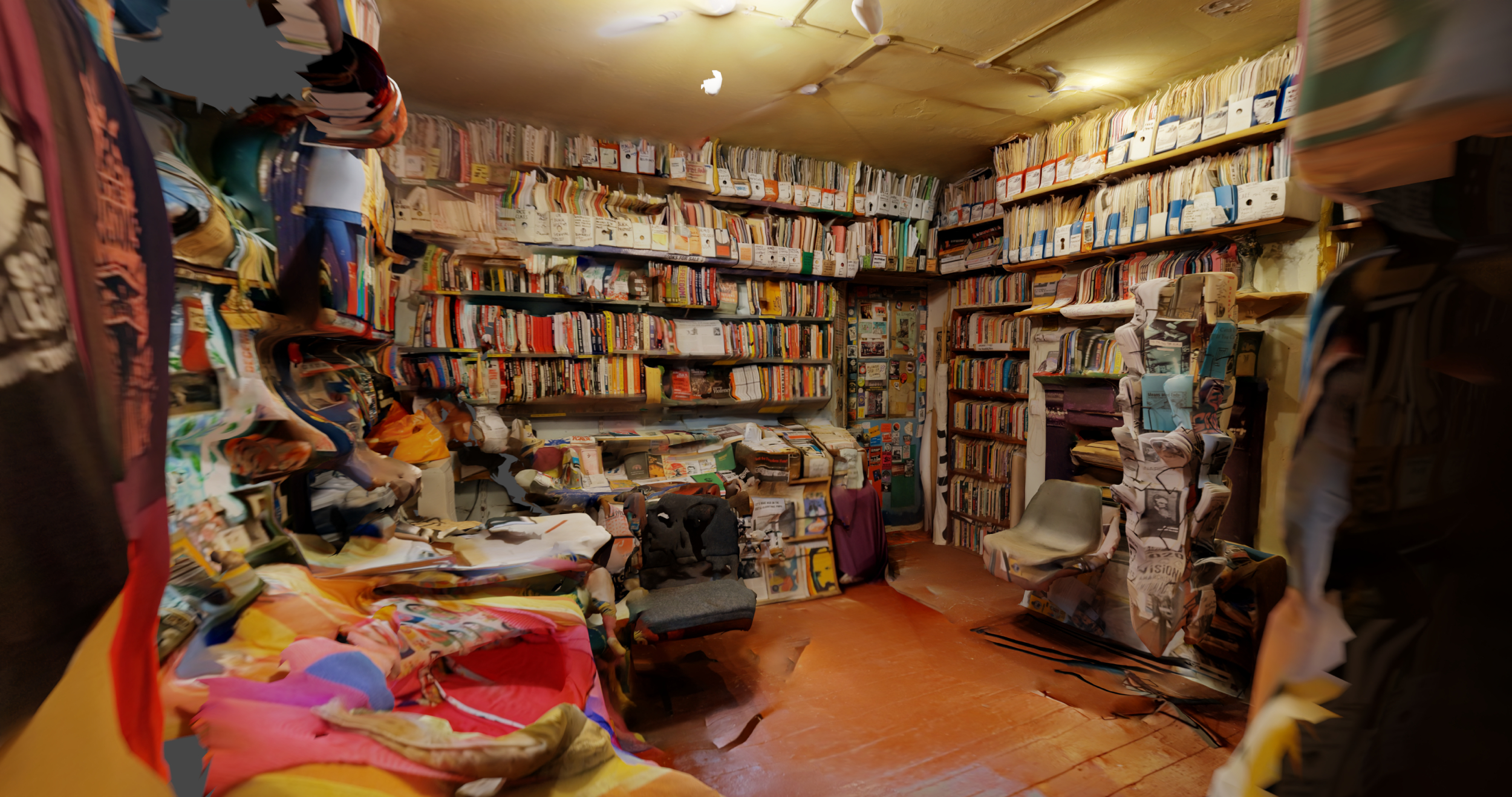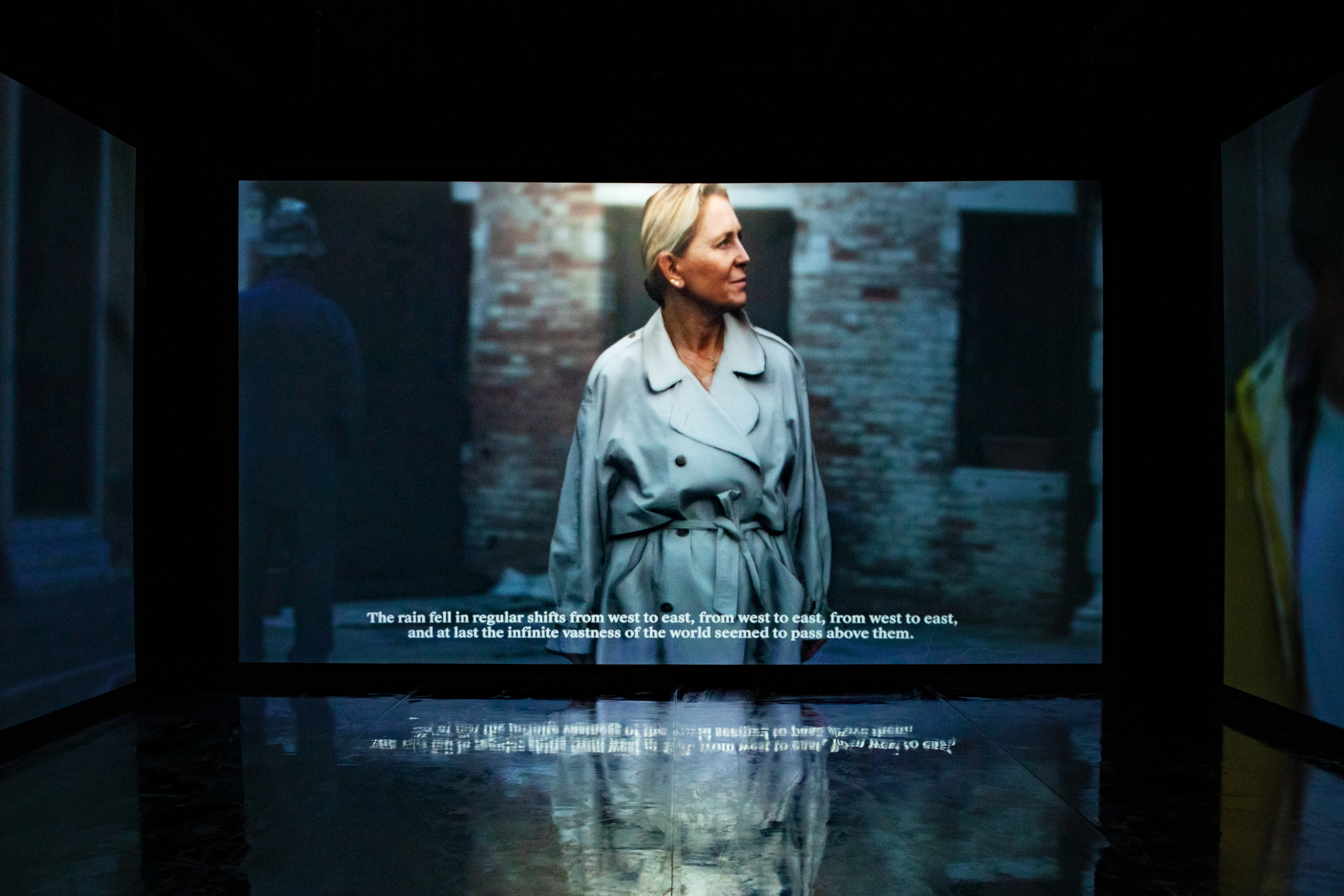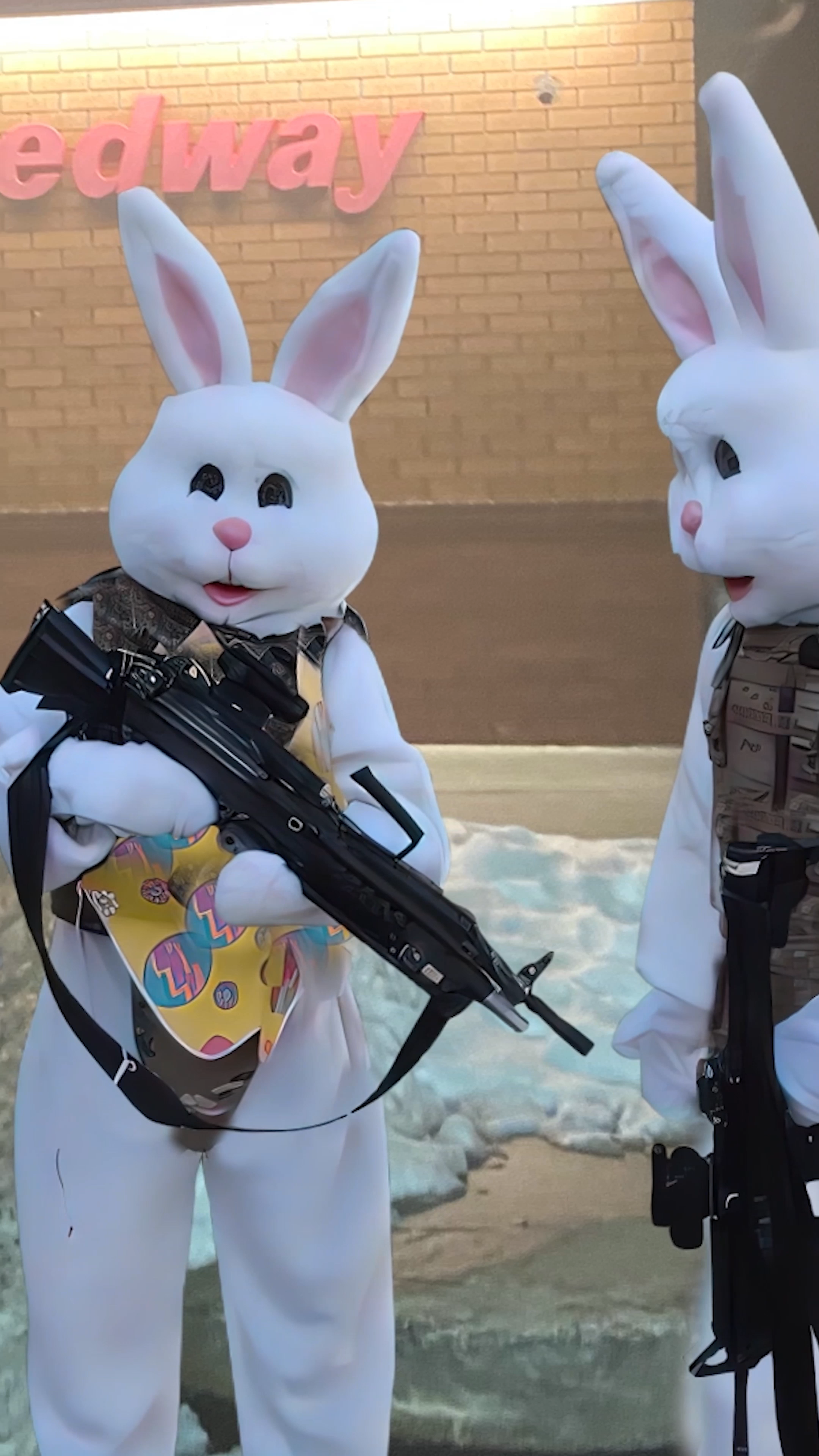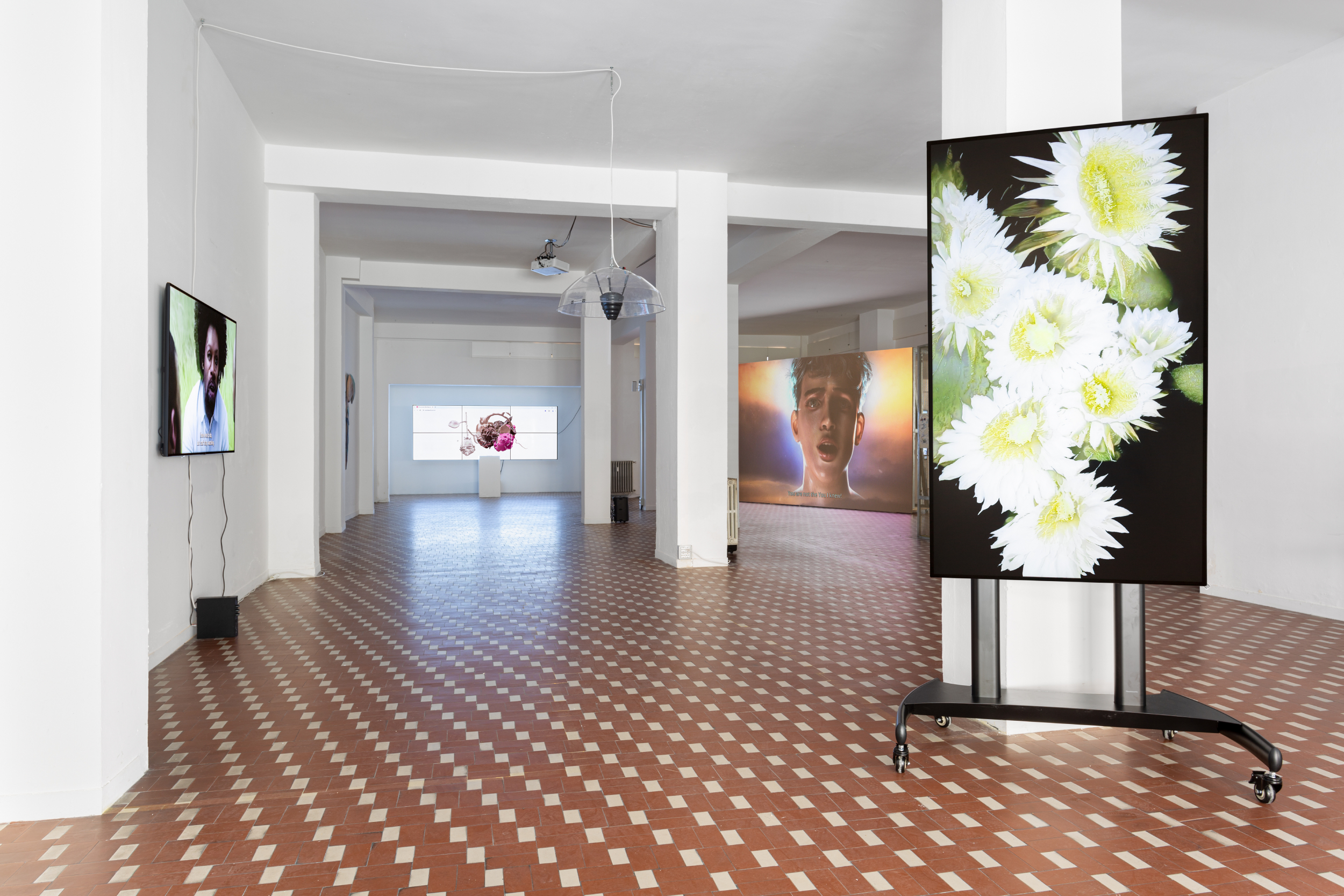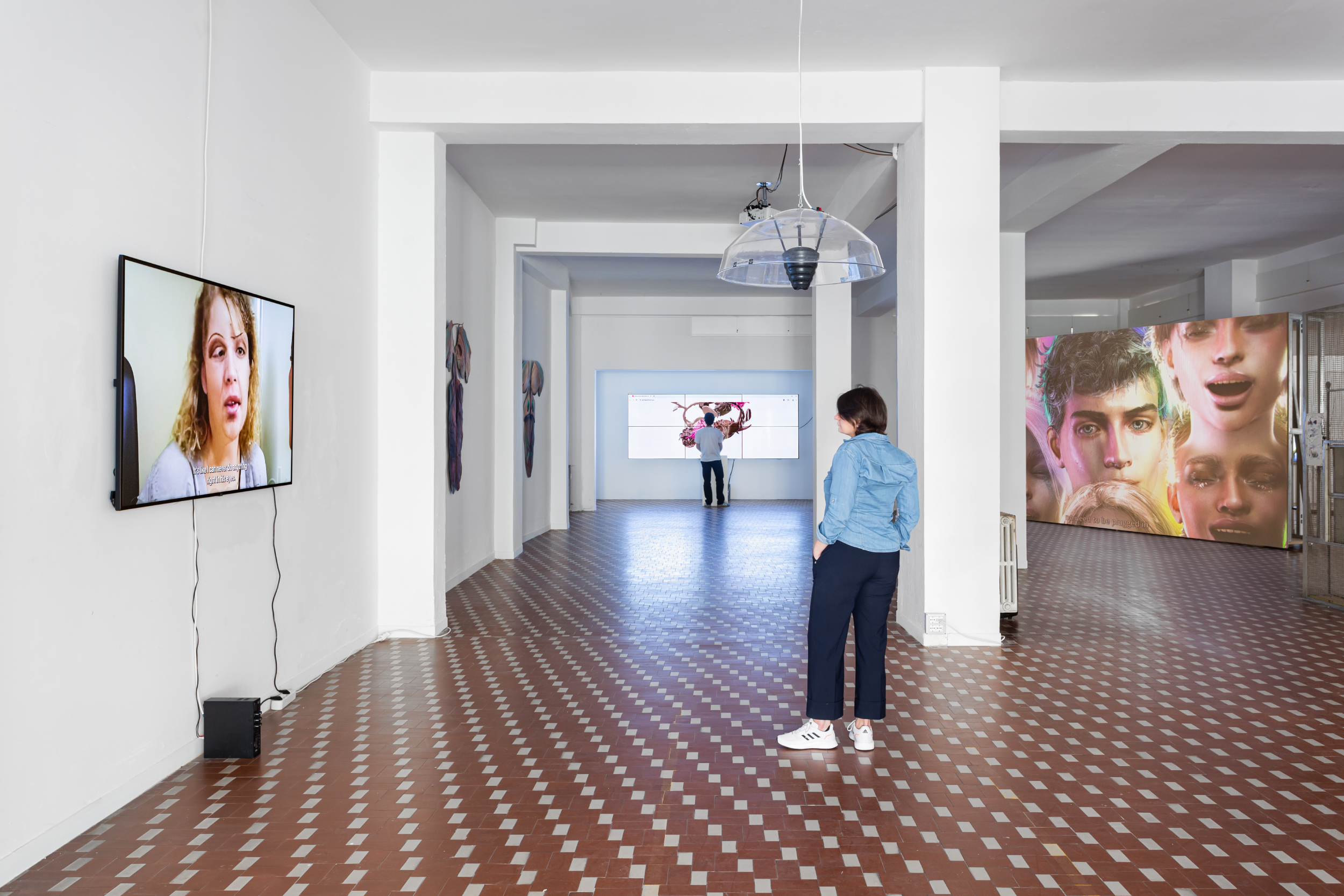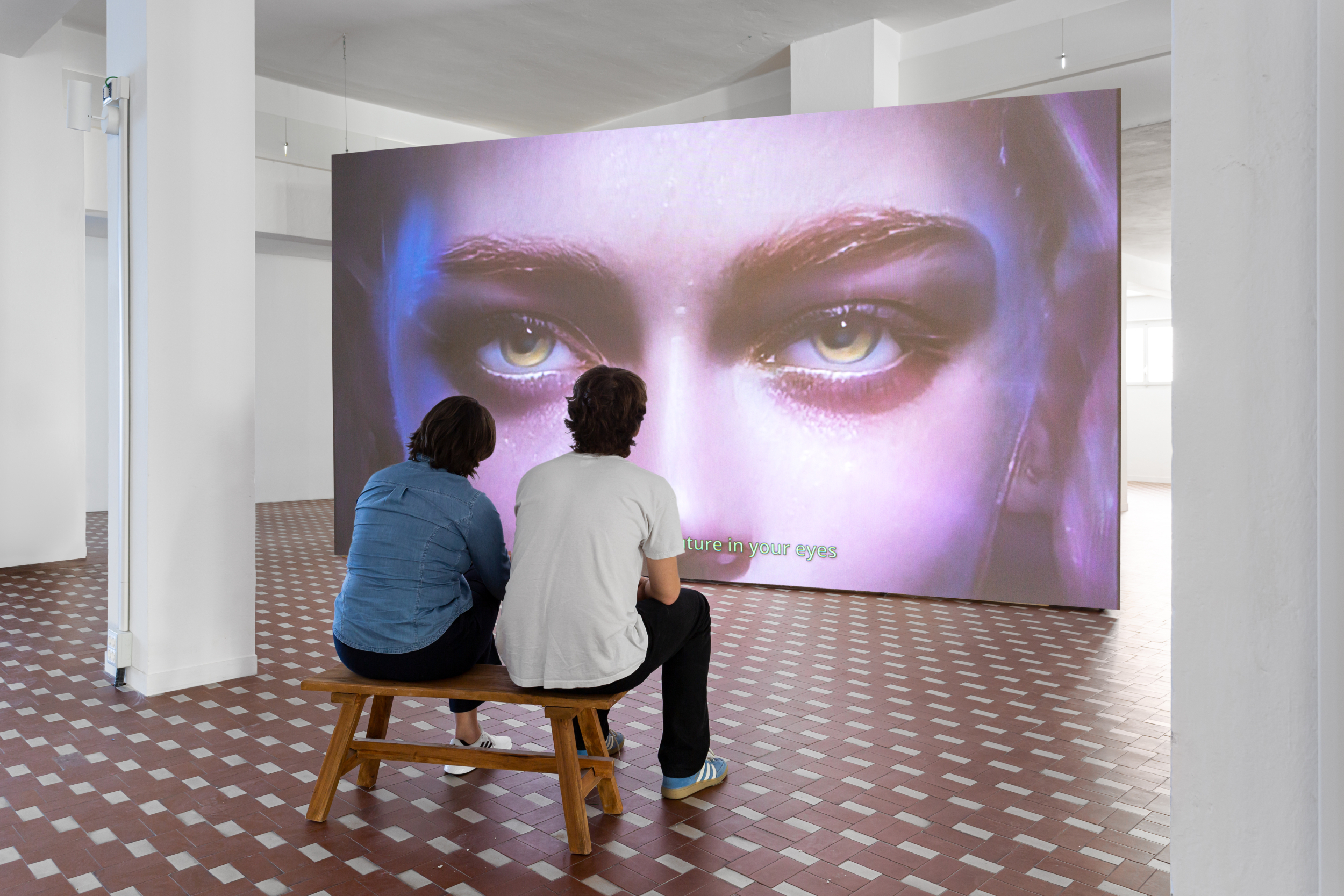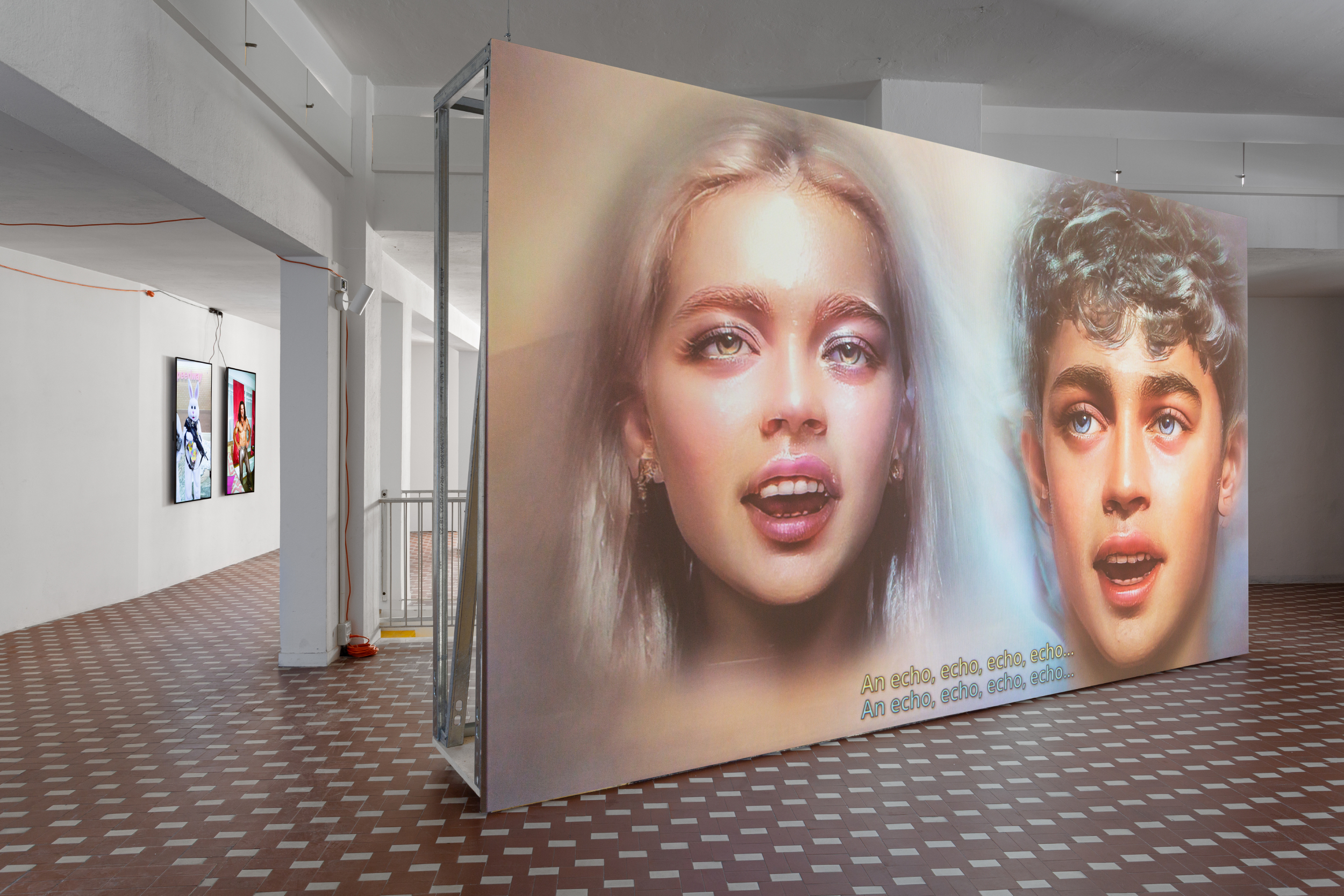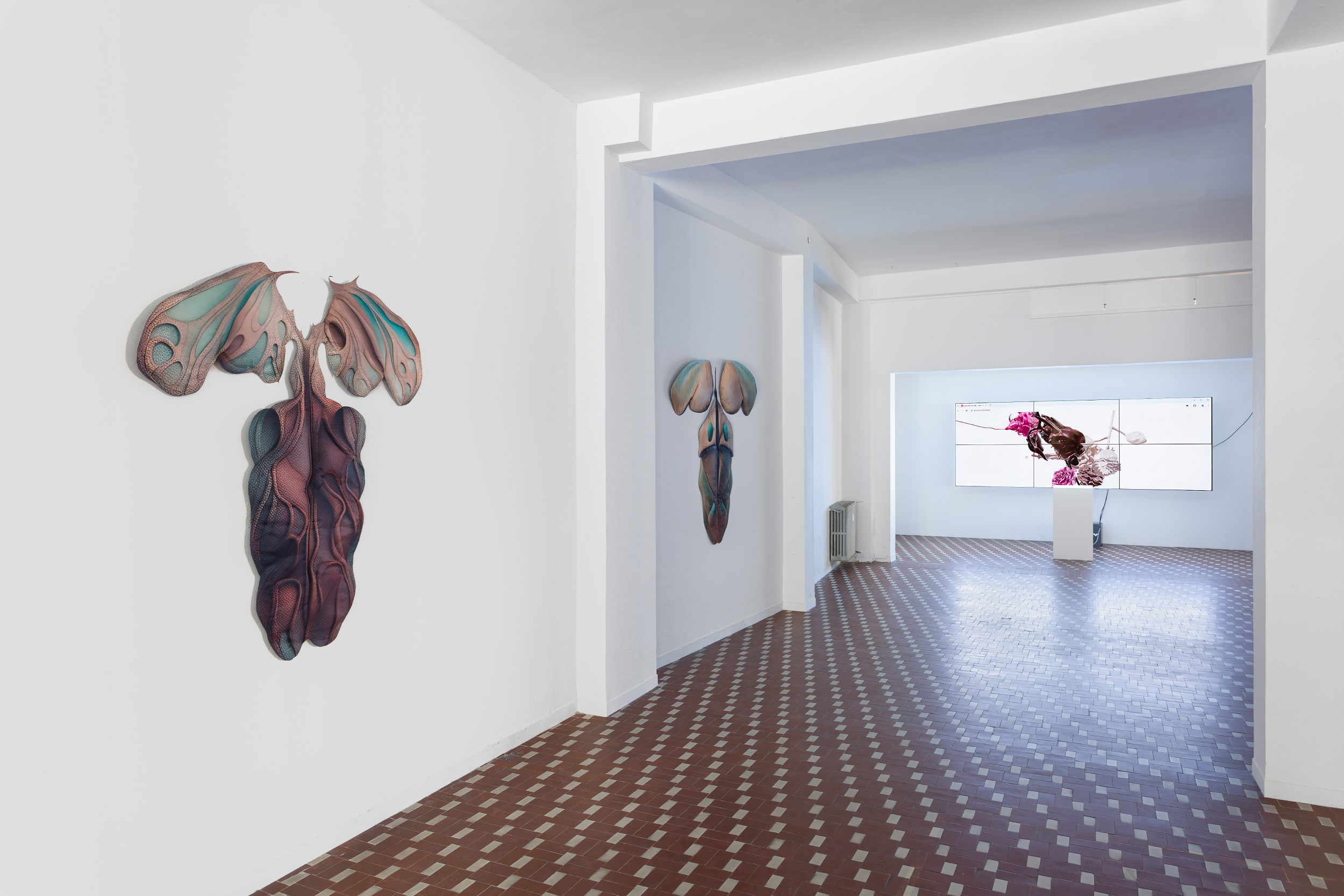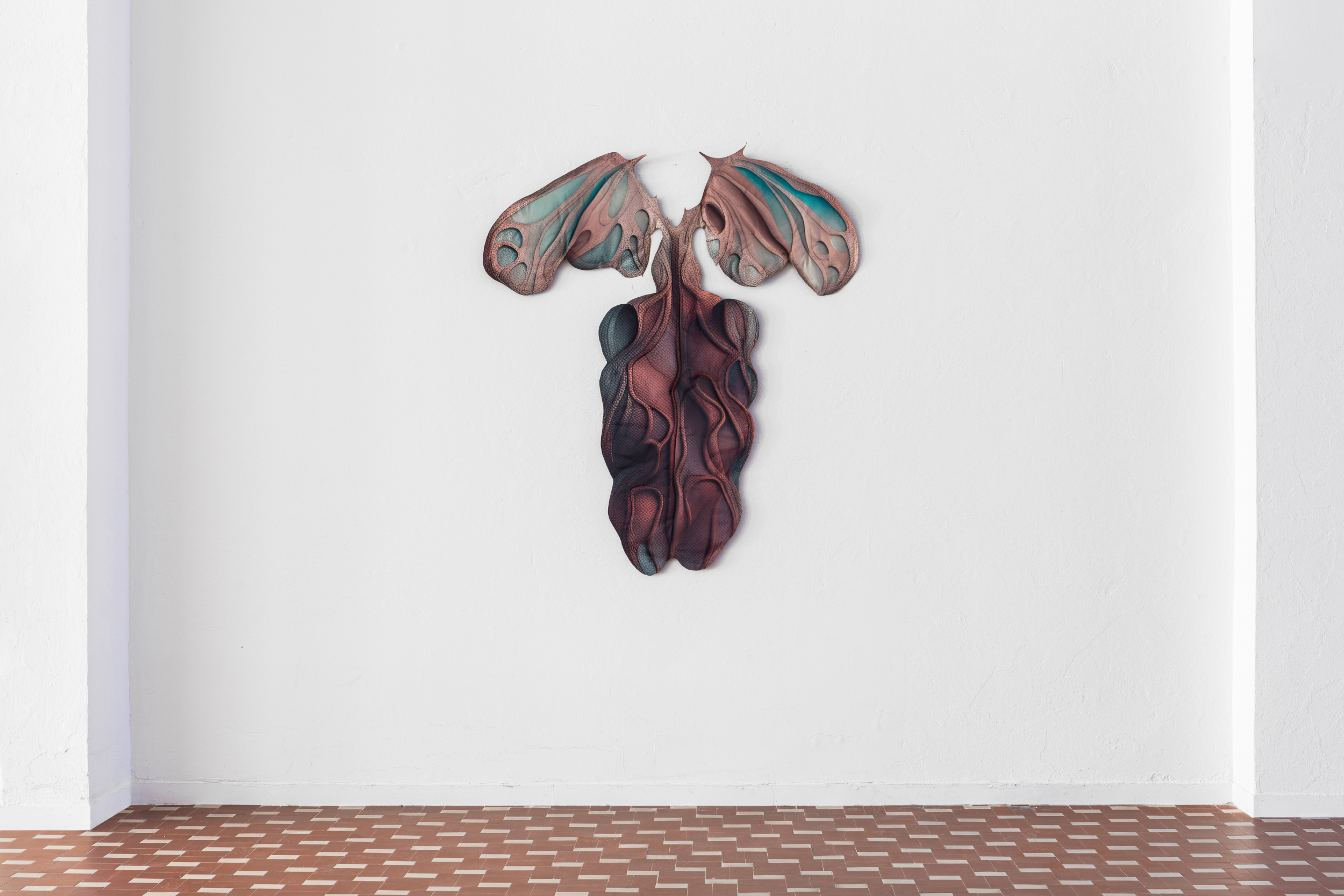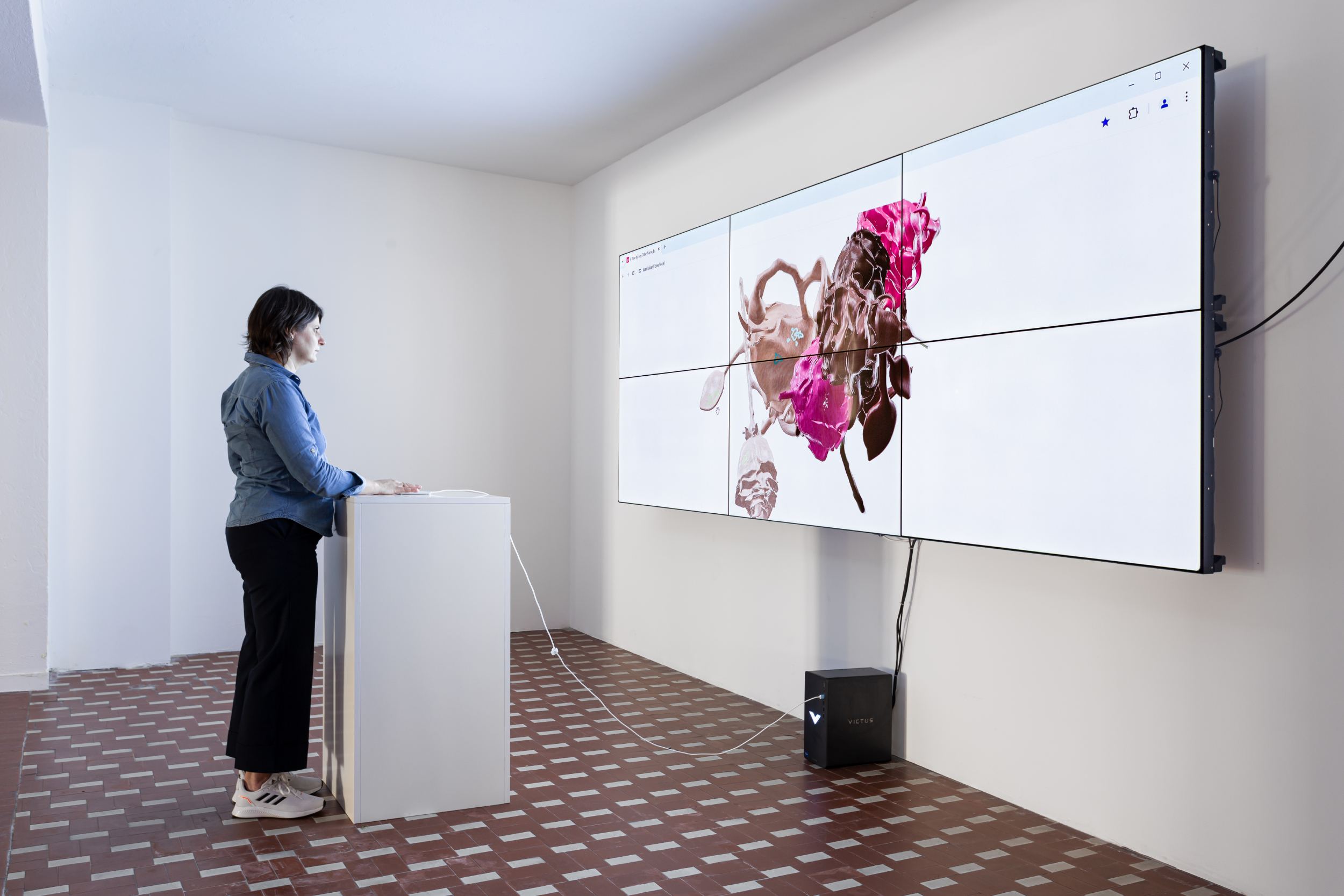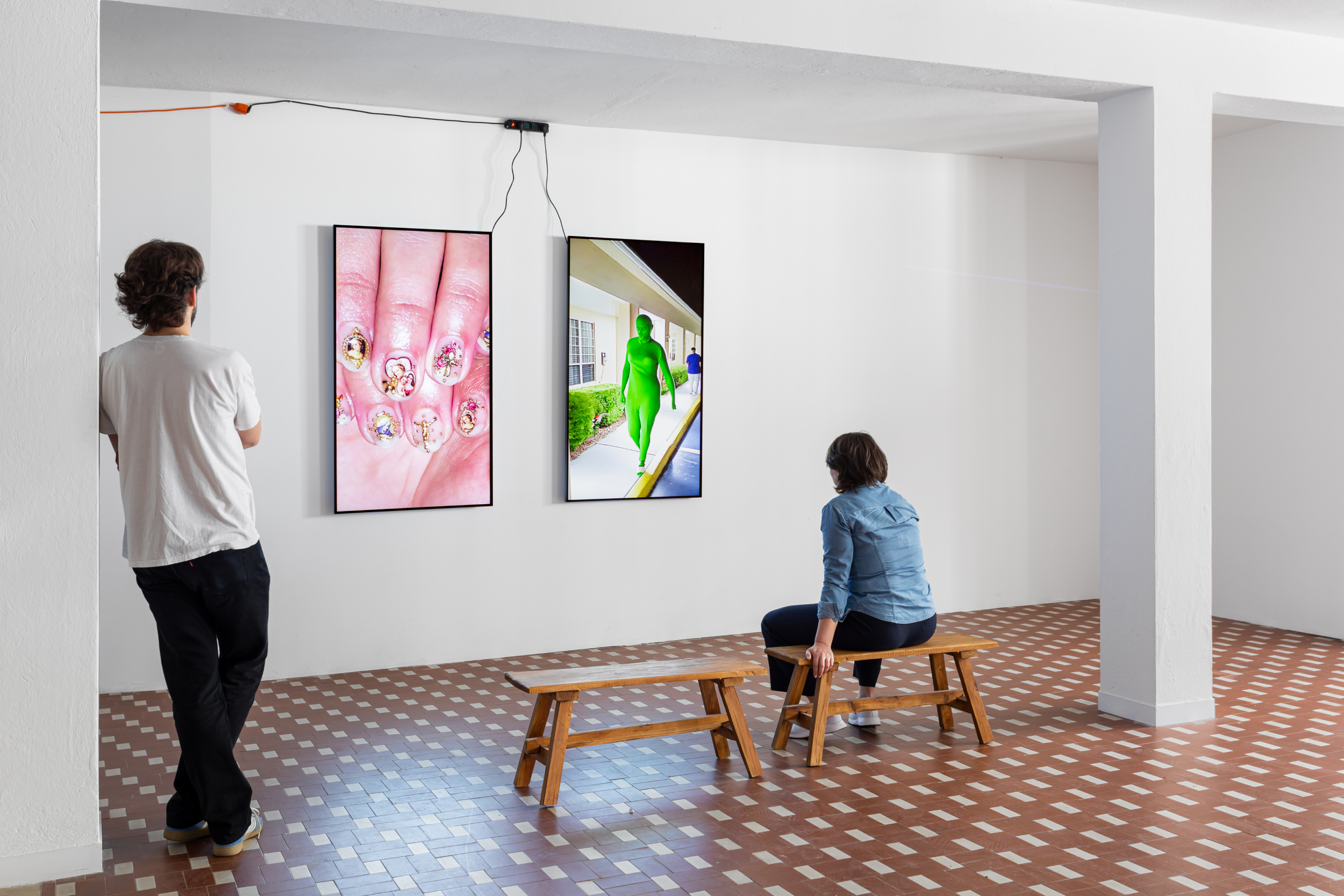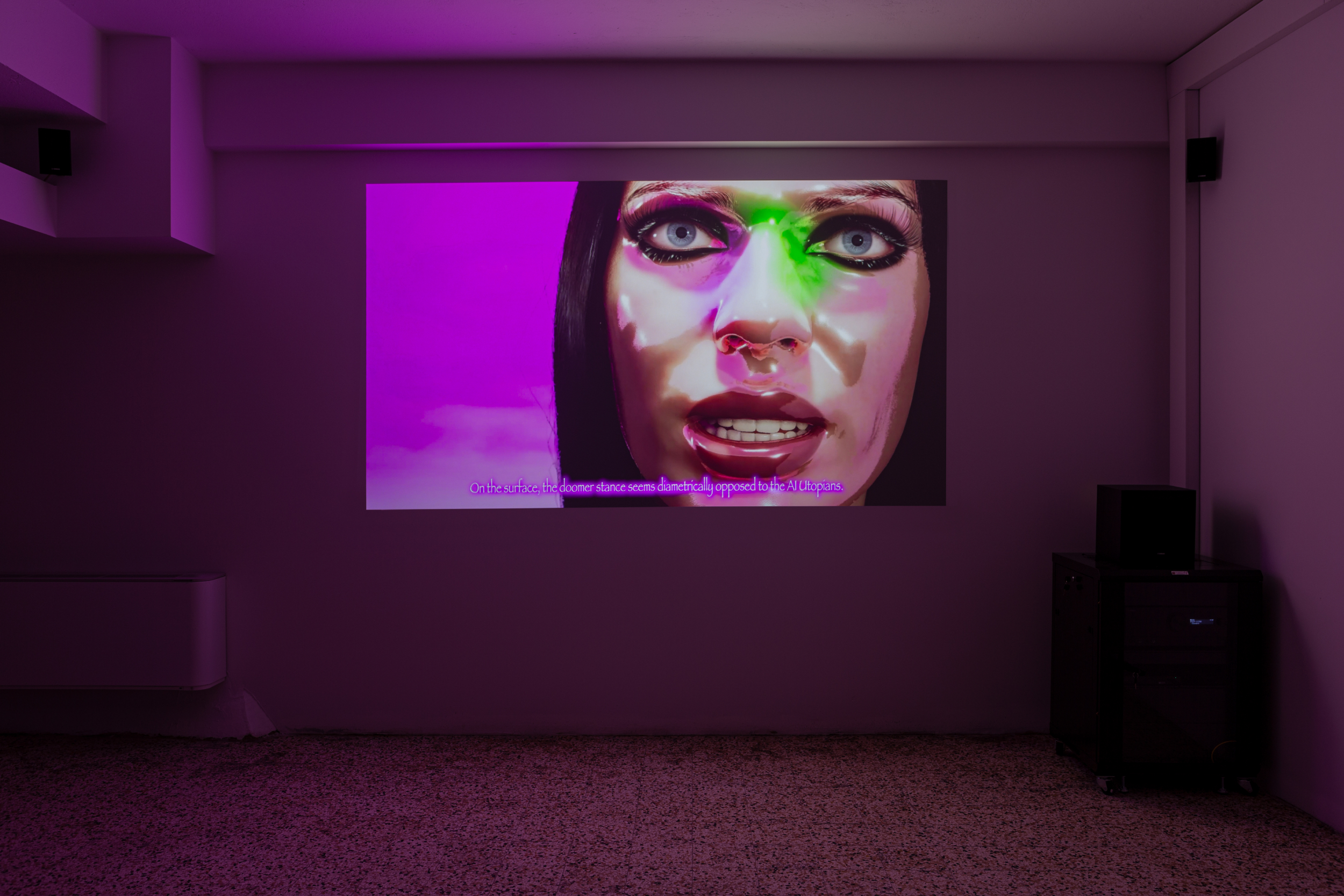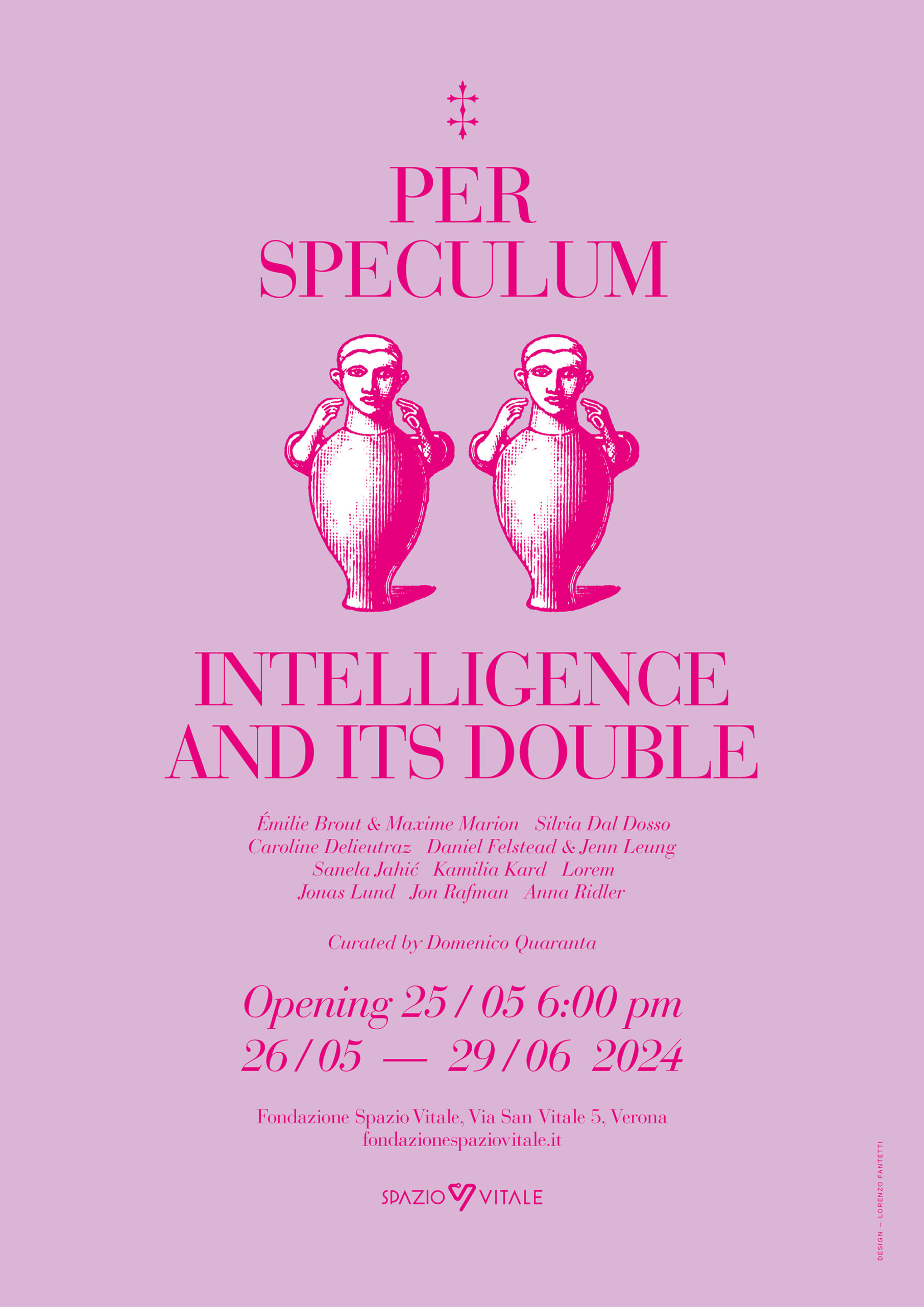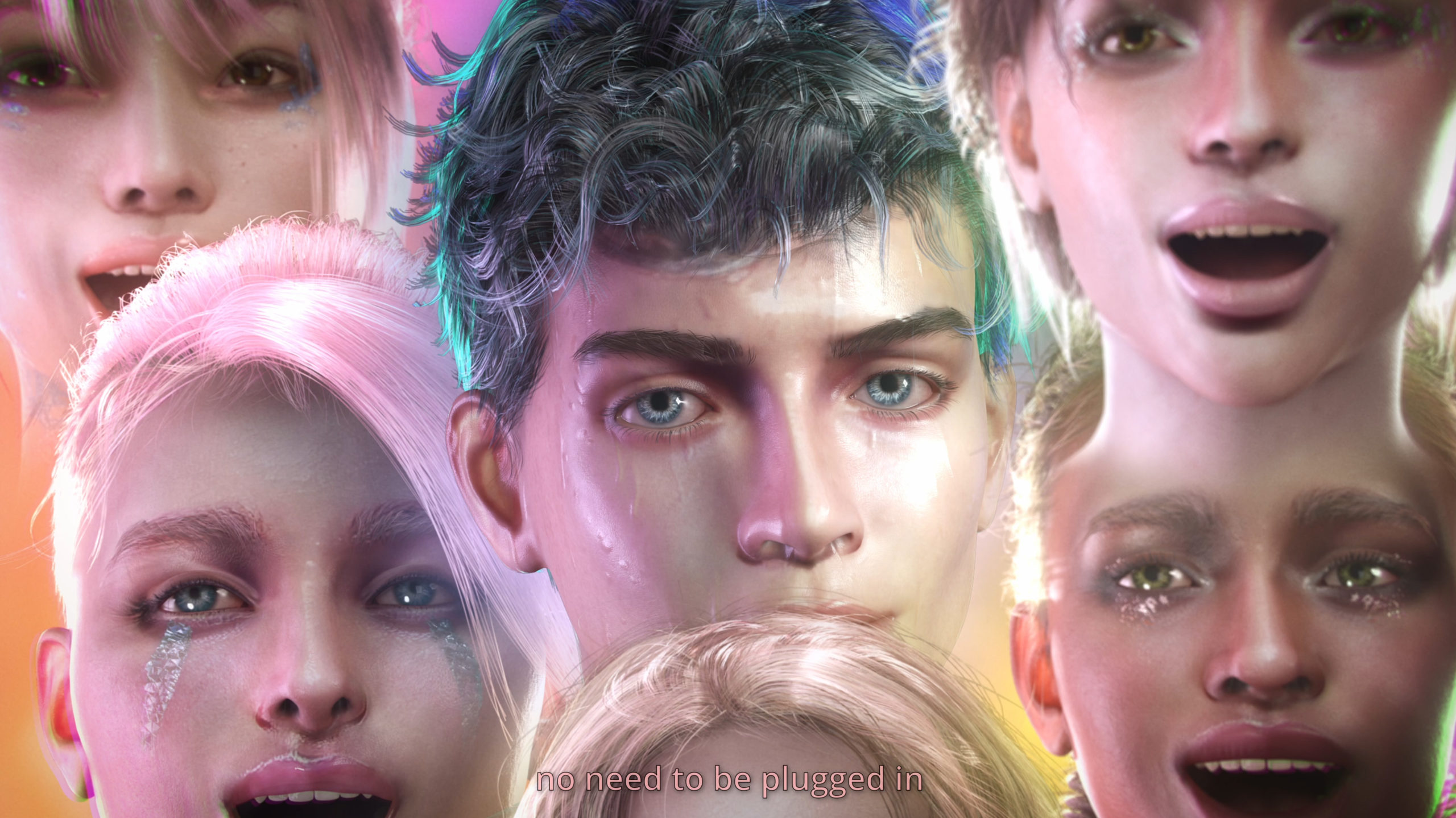
Per Speculum. Intelligence and its Double
Fondazione Spazio Vitale
Via San Vitale 5 – Verona
Opening: Saturday, May 25th 2024, 6-8 pm
From May 26 to June 29, 2024, 2.00 – 7.00 PM
Artists: Émilie Brout & Maxime Marion; Silvia Dal Dosso; Caroline Delieutraz; Daniel Felstead & Jenn Leung; Sanela Jahić; Kamilia Kard; Lorem; Jonas Lund; Jon Rafman; Anna Ridler
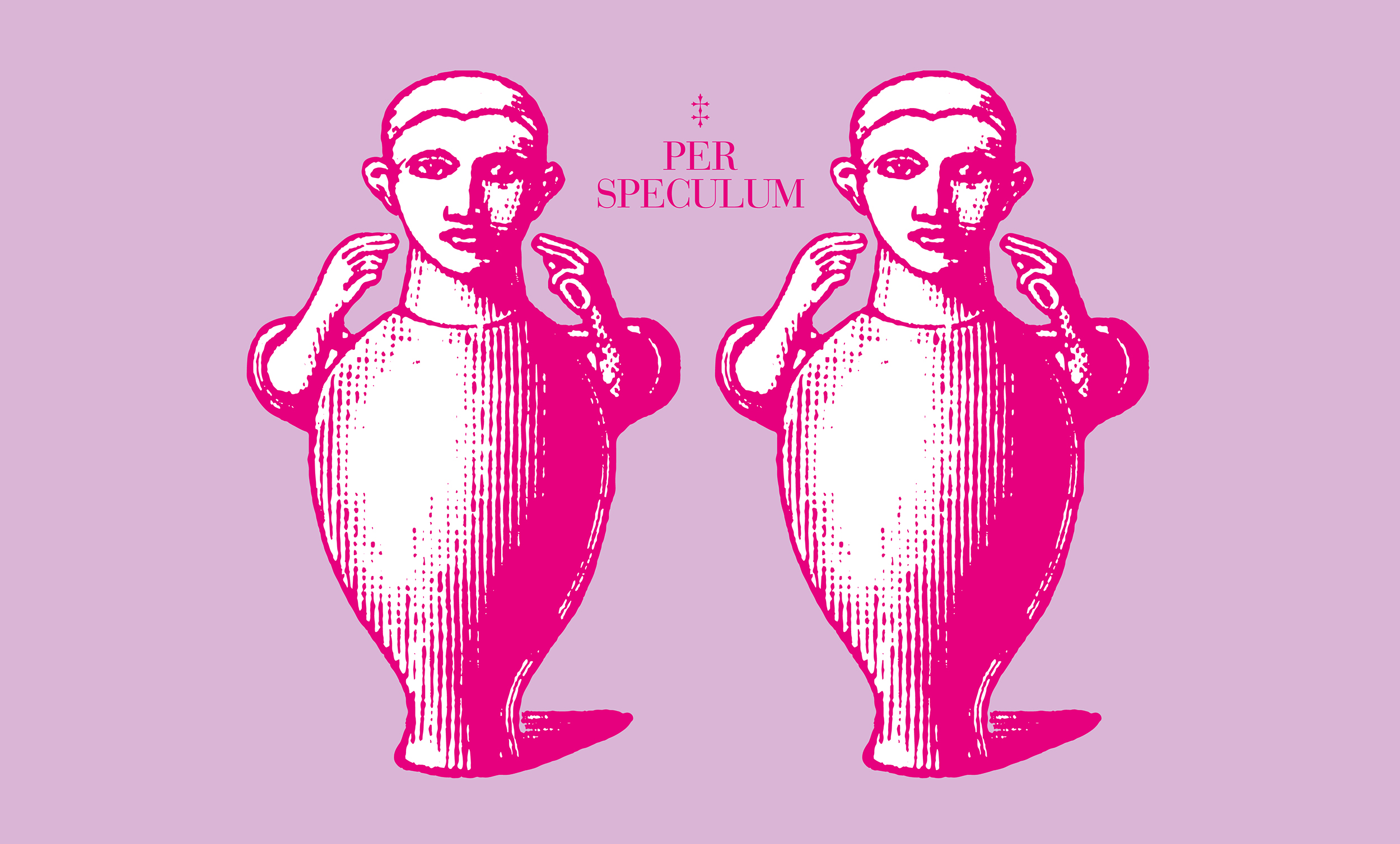
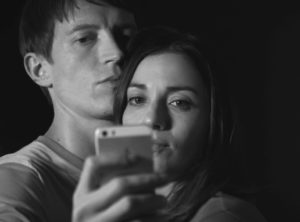
Émilie Brout e Maxime Marion began collaborating at the École Nationale Supérieure des Arts Décoratifs in Paris. Their work is part of collections such as the Centre Pompidou and has been featured in media like Le Monde or Frieze. Key exhibitions include KW Institute for Contemporary Art, Berlin (2024); Centre Pompidou, Paris (2023); and Villa Arson, Nice (2022). They explore connections between art history and contemporary visual culture, particularly the web, creating video pieces that blend critical and emotional elements. Their work often presents a hybrid, ambiguous dimension that challenges narrative conventions and reveals the production mechanisms behind the imagery.
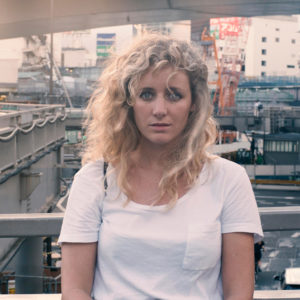
Silvia Dal Dosso is a creative and film director and a researcher in digital technologies and web subcultures. In 2016 she co-founded Clusterduck, an art collective working in the fields of research, design and transmedia. With Clusterduck she co-created collective exhibitions and interactive installations such as #MEMEPROPAGANDA, Meme Manifesto, The Detective Wall, and publications such as The Detective Wall Guide (Aksioma, 2021). She regularly writes about art, technology and how to survive it, on Domus, Not, INC Longform, and others.
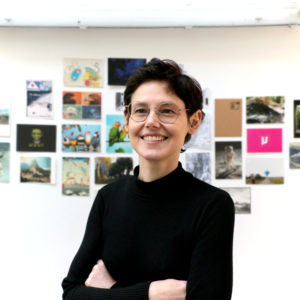
Caroline Delieutraz explores the circulation of images and the way they reshape our imaginations and influence our consciousness. Refusing to pronounce on the future – utopian or dystopian – of the Web, she borrows from it the culture of collaboration and DIY. The artist collects visual materials that she manipulates and reworks to create displacements that encourage hybridization and relational meshing. In installations that often combine digital and handmade techniques, she gives materiality to fluid, elusive phenomena. The resulting constructions and deconstructions remind us of the profoundly fictional nature of images. Delieutraz’s work has been shown in many solo and group exhibitions. She lives and works in Paris.
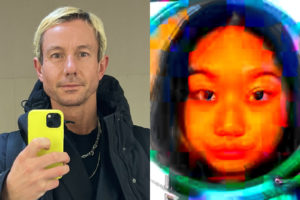
Daniel Felstead is an academic and content producer whose practice focuses on the relationship between fashion, technology, and culture. Currently he leads the MA Fashion Media & Communication course at the London College of Fashion (UAL). Daniel has given talks and presented work internationally, including Architectural Association, Berlin Critics Week, dieAngewandte, Fundació Foto Colectania, Global Art Forum, ICA, PAF, RCA, Tate, and V&A. He holds a PhD from the University of London.
Jenn Leung is an educator and technical artist. She is a Lecturer in Creative Technology & Design at the London College of Fashion (UAL) and a member of Off World Live, an engineering and research group for Unreal Engine Creators. She is also the co-founder of Xalon, an XR community project for collaborative networked environments.
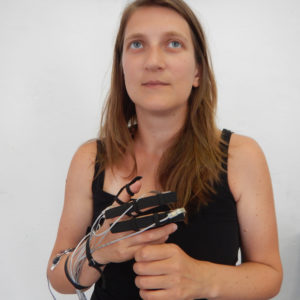
Sanela Jahić graduated in Painting from the Academy of Fine Arts and Design in Ljubljana and received her master’s degree in 2010 in Public Art and New Artistic Strategies from the Bauhaus University in Weimar. Jahić is an intermedia artist, who constructs visual and technologically supported kinetic objects and installations. Through technological tools, she problematizes society and individuals in it. In her latest production the artist places the research of complex relations between technology and the social, individuals and their identity directly into the context of the critique of capitalist relations of production. Jahić’s artistic practice often involves collaboration with specialists for mechanical engineering, automation, software and electronics. She lives and works in Škofja Loka. Jahić has exhibited her work in numerous shows in Slovenia and abroad.
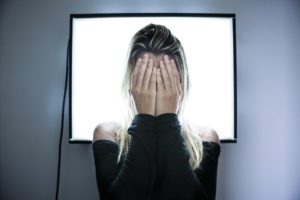
Kamilia Kard is an artist and researcher whose work explores how hyper-connectivity and new forms of online communication have modified and influenced the perception of the human body, as well as our gestures, feelings and emotions. Her practice spans from digital paintings to websites, from video installations to 3D printed sculptures, from animated gifs to interactive virtual environments and augmented performances. She has exhibited internationally in museums, galleries, public spaces and online venues. She is the author of Arte e Social Media. Generatori di Sentimenti (2022) and teaches Multimedia Communication at Accademia di Brera, Milan.
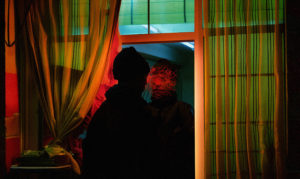
Lorem is an artist/collective that explores states of consciousness and emotional datasets through visceral audiovisual narrative experiences. One of the forerunners in the field of machine learning in aesthetics, he has begun to expand the boundaries of his research, developing a unique language from the convergence of different approaches. He has collaborated with artists and researchers, including: Danny Elfman, Blixa Bargeld (Einturzende Neubaten), MAEID, Acre, Senyawa, Mario Klingemann, Silvia Costa. Lorem’s works have been exhibited in various institutional contexts and festivals, such as Ars Electronica, Venice Biennale, Opéra de Lille, London Design Biennale, Berlin Transmediale, NXT Museum in Amsterdam, Sheffield International Documentary Festival, Festival de la Imagen in Colombia, Elektra BIAN in Montreal, and KW Berlin.
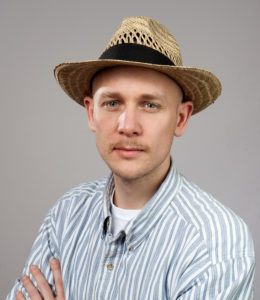
Jonas Lund creates paintings, sculpture, photography, websites and performances that critically reflect on contemporary networked systems and power structures. His artistic practice involves creating systems and setting up parameters that oftentimes require engagement from the viewer. This results in performative artworks where tasks are executed according to algorithms or a set of rules. Through his works, Lund investigates the latest issues generated by the increasing digitalisation of contemporary society like authorship, participation and distribution of agency. At the same time, he questions the mechanisms of the art world; he challenges the production process, authoritative power and art market practices.
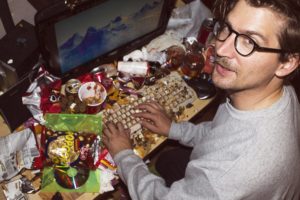
A visionary interpreter of the troubled human mind, of the streams of consciousness and the anxieties of the present, Jon Rafman explores the all-encompassing impact of the virtual within the representation of our time. Through an immense vocabulary drawing from internet culture, virtual world, video games and insidious areas of the web, Rafman creates surreal and absolute landscapes in which he nourishes a constant sense of loss and alienation, of instinct and memory, of resurrection and death, of extreme sacrifice and rebirth. In a world oppressed by obsession, paranoia, a sense of emptiness and loss, the artist leads us into the most concealed realms of the web, among the viscous drives that replace reality and at the same time embody it.
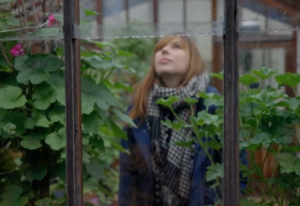
Anna Ridler is an artist and researcher who works with systems of knowledge and how technologies are created in order to better understand the world. She is particularly interested in ideas around measurement and quantification and how this relates to the natural world. Her process often involves working with collections of information or data, particularly datasets, to create works that sit at the intersection of the conceptual, the pretty and the absurd. Ridler holds an MA in Information Experience Design from the Royal College of Art and a BA in English Literature and Language from Oxford University along with fellowships at the Creative Computing Institute at University of the Arts London (UAL). Her work has been exhibited at cultural institutions worldwide. She lives and works in London.

